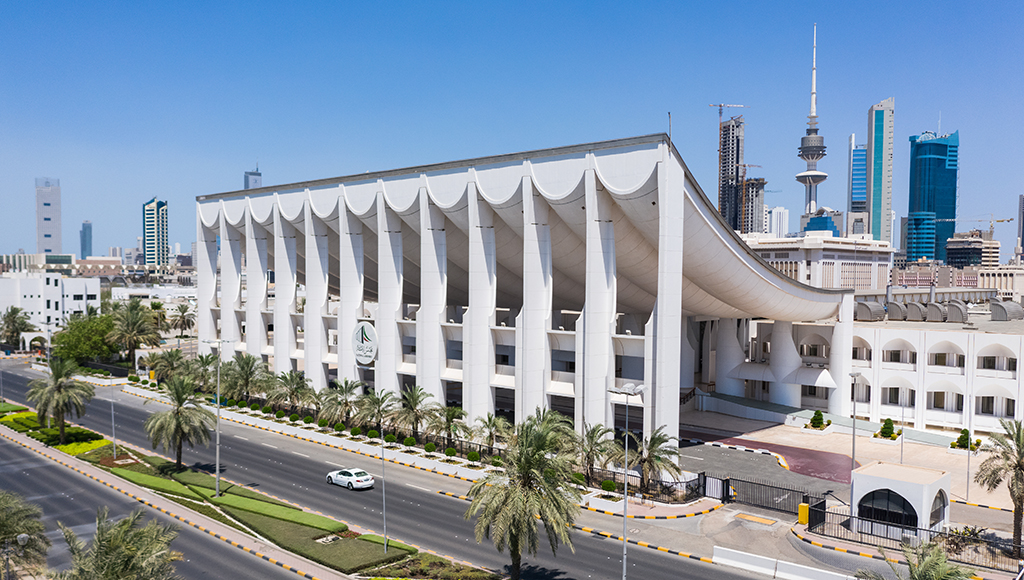KUWAIT: It is unlikely that the residency law to regulate the expatriate population in the country would be approved by a decree of emergency nature. It is primarily out of fear that the decree may be struck down by the constitution which has made it legal for the government to issue urgent decrees and gave itself the authority to strike them down if there was a legal justification, official sources said.
It said the urgent decree must be for laws issued in the absence of a parliament in session -- either by dissolution or on holiday -- and on a matter that is of emergency nature and any postponement of the decree may constitute a danger to the interests of the country.
The government was previously allowed to issue urgent decrees in the absence of parliament and when it reconvenes the decrees will be voted on and if passed, it will become official. If not, it will become null and void, and all decisions, procedures and implications based on the decree will also be null and void. But now, every citizen has the right to contest any such urgent decree. The parliament can discuss it and can strike it down if it finds it does not have any emergency nature.
The government feels that it needs to settle the issue of expat residency law that was prepared previously, sent it to the National Assembly and was also discussed by the interior and defense committees. Certain comments were made on the law in the presence of the government, but the government believes that its approval with an urgent decree means it will start implementing it. Then there is a fear that the constitutional court may strike down the decree, opening the doors for lawsuits by expatriates for damages for depriving them of residency and other matters mentioned in the law.
The sources said that the government prefers postponement of the law for the new National Assembly that will be formed following early parliamentary elections before the end of the year. It will ask for urgent consideration of the law by the National Assembly and its approval so that it becomes effective next year.
They said the law is an indispensable part of the government efforts to rectify the population imbalance that exists in the country and an effective measure to curb marginal labor and stamp out residency violators. In addition, it will encourage specialized labor in such a way that it serves the local market, bolster economic reform and boost foreign direct investments into the country.
The government also proposes to introduce a 15-year residency permit to attract high net-worth investors into the country. The sources said limiting the residency of the non-investing expatriates or children and spouses of Kuwaiti women is something linked to the need and the wish of who brought them to stay or not.











